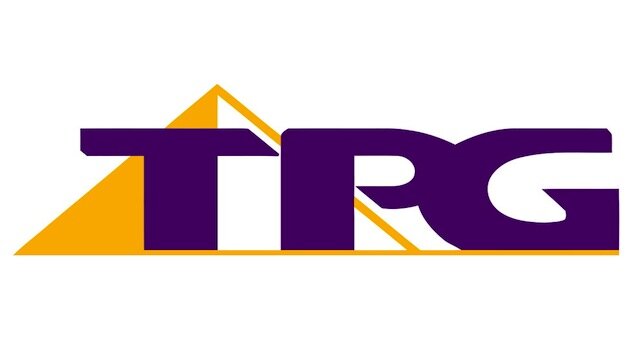
It’s rather amusing to watch the current government twist and turn on the TPG FTTB/Optus FTTB problem. For the last few months there’s been hints at an overhaul of the legislation governing competing rollouts.
This goes against everything Turnbull has said since the NBN was conceived: the free market can do it better. Unfortunately when the free market does step up, Turnbull is obligated to crush any competition to justify the fictitious Strategic Review findings.
It’s clear that any competition is bad for an FTTN/HFC based NBN as users will opt for the cheaper/quicker services over the $150/mo joke that HFC is. While pricing for HFC has not been finalised, it’s clear that there will need to be either heavy subsidies for HFC users, or prices in line with Telstra’s current HFC offerings.
It’s clear that TPG are deploying their own network to undercut competition, and if their current NBN plans are anything to go by, $89.95/mo for 100Mbps unlimited, TPG will be pushing toward the $59.95/mo pricing they already offer for ADSL2 customers.
So where does this leave Australia? In a position where our myopic government is about to throw down $41 billion on a network that will barely crack 10% take up.
Add to this ongoing costs of anything to $1 billion to $4 billion a year, depending on how much remediation is actually done to get FTTN up and running, or to get HFC up to scratch. By the time the project is finished, we will be more than $60 billion in the hole. This is all without knowing the cost of buying both the and HFC networks.
Turnbull is on a collision course with reality here, especially in light of the problems experienced in the UK with their FTTC rollout. Customers are experiencing loss of service for days, weeks, and sometimes, months on end. The only bright spots in the UK rollout are where there is heavy competition with Sky and Virgin, both of which offer faster services than Openreach.
The objections from Turnbull about both Optus and TPG’s plans is a clear sign that the government is well aware of the utter failure that a “Multi-Technology Mix” plan will be.
Turnbull knows that NBN Co is not an incumbent and all the assumptions for Boston Consulting Group were false, misleading, or irrelevant to a new build. In fact, every single telecommunications equipment vendor states emphatically that FTTP is the best model for a new build, something that Turnbull has conveniently ignored.
Maybe if Turnbull’s party had actually retained ownership of the copper infrastructure and leased it to Telstra it might make sense, but his party was all too eager to make the budget look good, while trading away our future. So this leaves the government with little options than to stifle innovation in private companies by swinging the regulatory mace of ignorance.
While I am a strong supporter of regulation, using it to stifle telecommunications investment betrays Turnbull’s true purpose: to keep broadband speeds low.
I notice that Turnbull hasn’t said anything about Telstra LTE-B trials, which funnily enough started about a month after the election.








